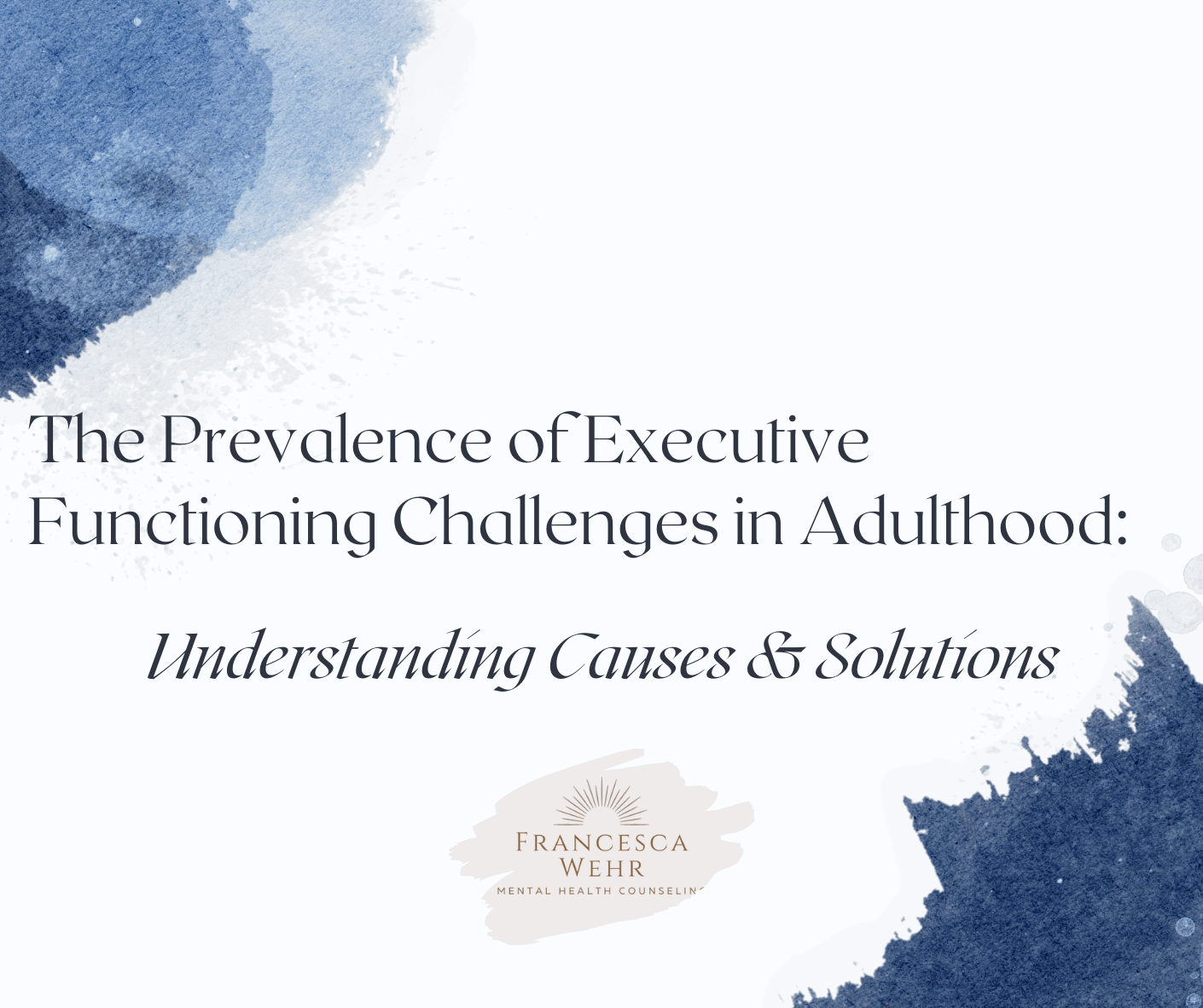
The Prevalence of Executive Functioning Challenges in Adulthood: Understanding Causes and Solutions
Executive functioning challenges are common in adults, making tasks like time management, planning, and decision-making difficult. These cognitive struggles can be influenced by ongoing brain development, mental health conditions, and even childhood trauma. However, executive functioning skills can be improved with the right strategies. This guide explores the causes of executive functioning challenges in adulthood and offers practical solutions to enhance focus, organization, and self-regulation.

Mastering Time Management with Executive Functioning Disorders: A Comprehensive Guide
Time management can be a significant challenge for individuals with executive functioning disorders, such as ADHD or learning disabilities. Difficulty with planning, prioritizing tasks, and time perception can make staying organized feel overwhelming. In this guide, we explore proven strategies like using visual timers, breaking tasks into smaller steps, and creating structured routines to help you take control of your day. Learn how to boost productivity and reduce stress with practical, easy-to-implement time management techniques.
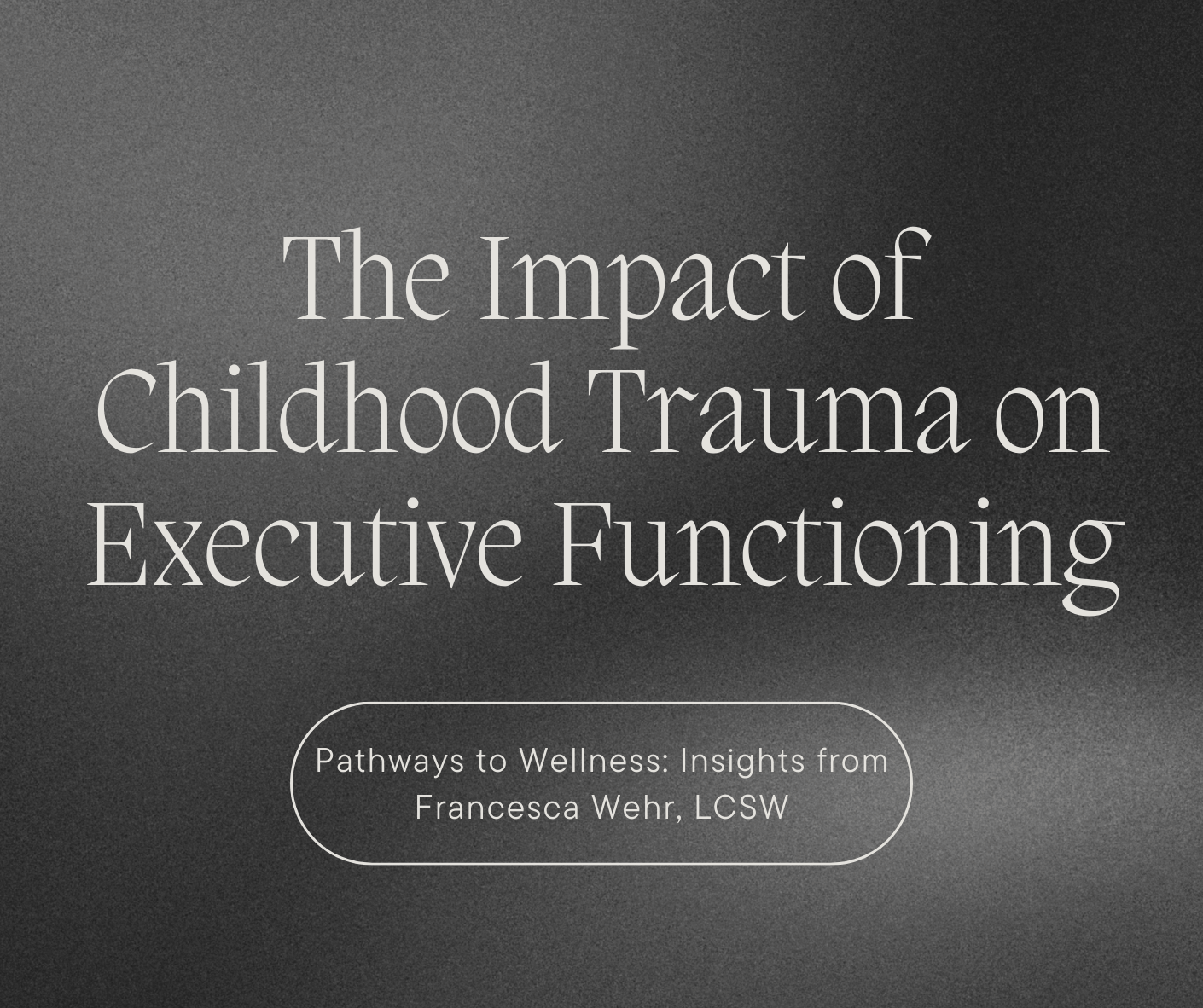
The Impact of Childhood Trauma on Executive Functioning
Childhood trauma can have long-lasting effects on executive functioning, impairing key cognitive processes like emotional regulation, planning, and problem-solving. These deficits stem from changes in brain development caused by early-life stress, making it difficult for trauma survivors to manage daily tasks, control impulses, and stay organized. However, with the right interventions, such as trauma-focused therapy, mindfulness practices, and executive functioning coaching, it’s possible to rebuild these skills and improve cognitive performance. This guide explores how trauma impacts executive functioning and offers strategies for healing and growth.

Pathological Demand Avoidance (PDA): The Invisible Battle for Autonomy in a World of Expectations
Pathological Demand Avoidance (PDA) is more than procrastination—it’s a nervous system response rooted in anxiety, trauma, and a deep need for autonomy. This post explores how PDA shows up in daily life, how it overlaps with rejection sensitivity, and what it means to truly support someone caught in the cycle of avoidance, shame, and overwhelm.

What Is ADHD Hyperfixation? Why You Can’t Stop Thinking About That One Thing
ADHD is often linked to distractibility—but for many, the opposite is also true. Hyperfixation is a lesser-known experience where the ADHD brain becomes intensely focused on a single interest or task, often to the exclusion of everything else. In this post, we explore what ADHD hyperfixation is, why it happens, how to recognize it, and strategies to manage it without losing what makes it powerful.

Unraveling the Tangle: Understanding Emotional Dysregulation and Its Origins
Emotional dysregulation can make everyday life challenging, leading to intense, sometimes overwhelming reactions. This post delves into the causes of emotional dysregulation, from brain science to past traumas, and offers actionable strategies to help you manage your emotions more effectively. Discover how mindfulness, therapy, and self-care can pave the way to greater emotional balance.
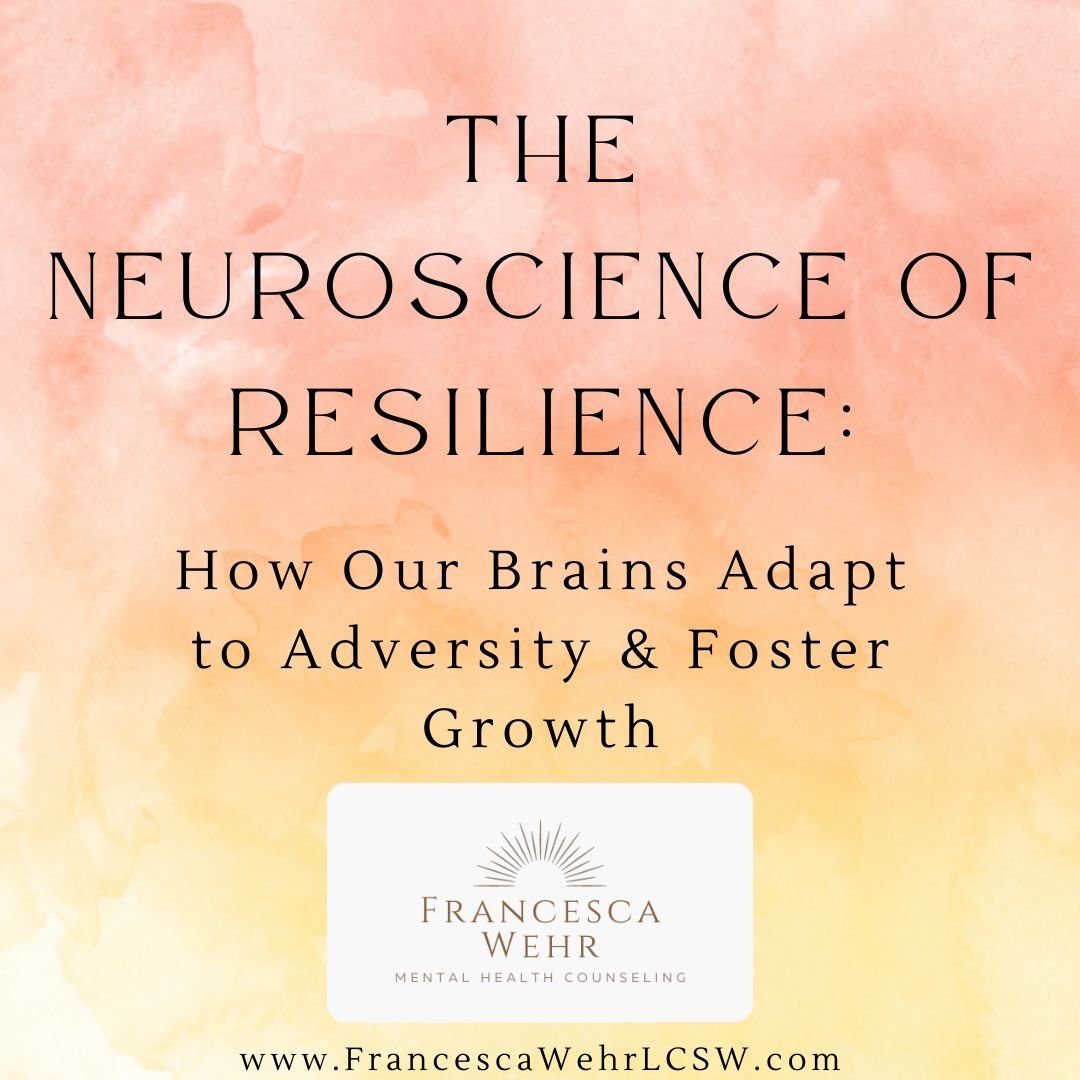
The Neuroscience of Resilience: How Our Brains Adapt to Adversity and Foster Growth
Resilience is the ability to bounce back from adversity, cope with challenges, and adapt to change. The science behind resilience reveals how our brains respond to and learn from difficult experiences, allowing us to grow and thrive. Pathways to Wellness: Insights from Francesca Wehr, LCSW Mental Health Counseling delves into the neuroscience of resilience, explores how our brains adapt to adversity, and shares research-backed strategies for building resilience and fostering personal growth.
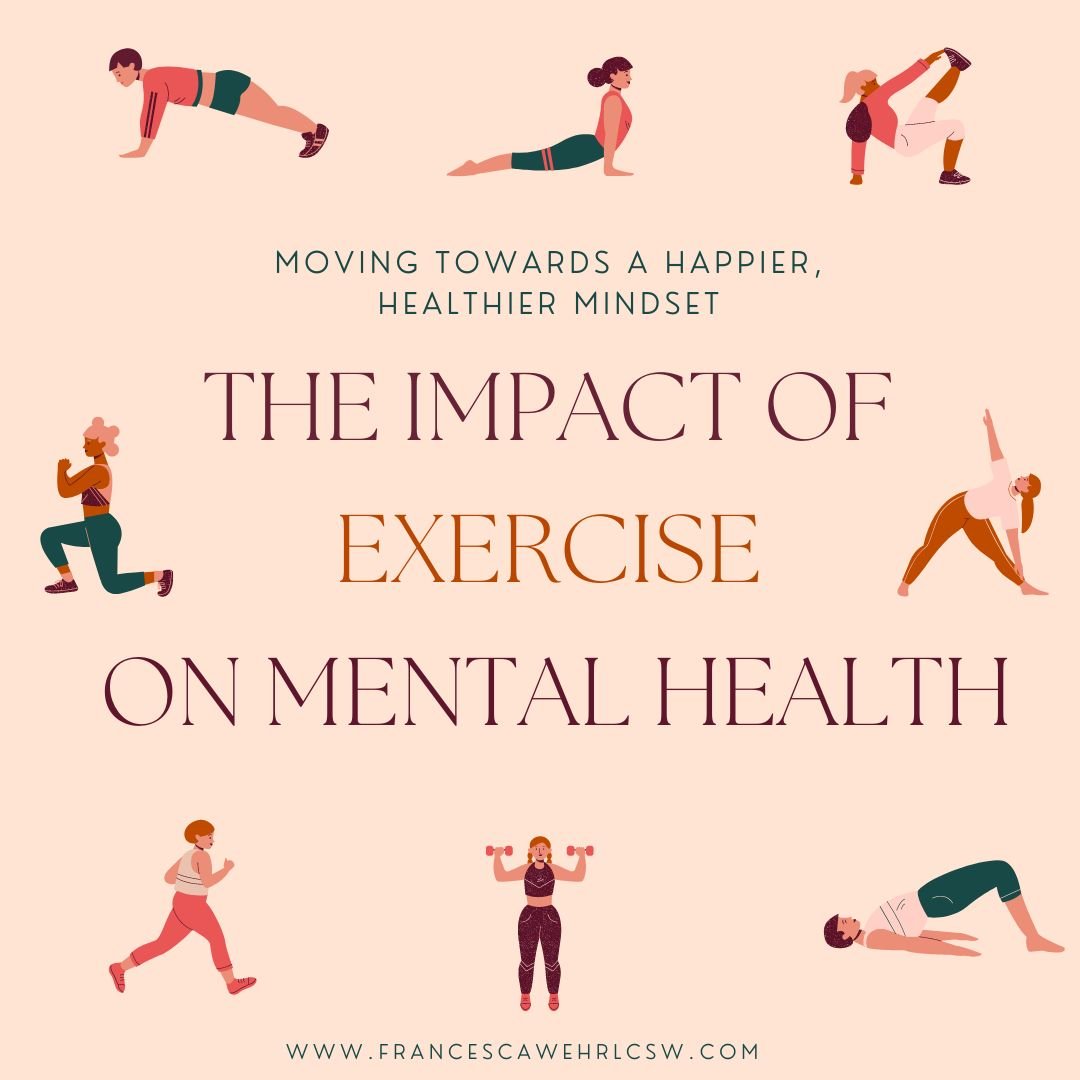
The Impact of Exercise on Mental Health: Moving Towards a Happier, Healthier Mindset
The benefits of regular exercise are well-known, from improved physical health to increased energy levels. However, the impact of exercise on mental health is often overlooked. Engaging in regular physical activity can have a profound effect on our emotional well-being, helping to alleviate stress, anxiety, and depression while promoting a happier, healthier mindset. Francesca Wehr, LCSW Mental Health Counseling explores the various ways exercise can improve mental health and provides practical tips for incorporating physical activity into your daily routine.
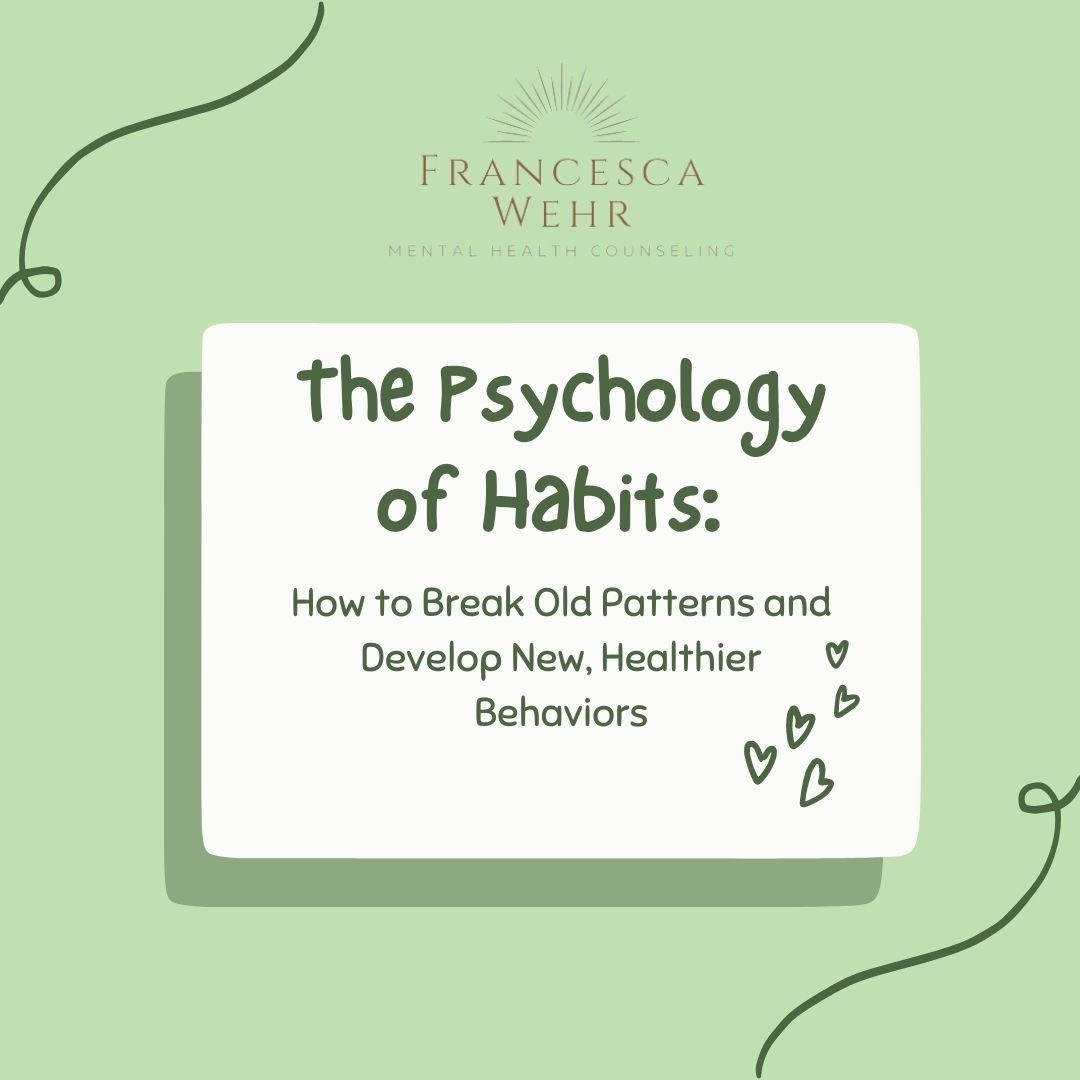
The Psychology of Habits: How to Break Old Patterns and Develop New, Healthier Behaviors
Our daily lives are governed by a series of habits, both good and bad. These automatic behaviors help us navigate through life, but sometimes we find ourselves trapped in unhealthy patterns that hinder our personal growth and well-being. Understanding the psychology of habits can empower us to break free from old patterns and develop new, healthier behaviors. Francesca Wehr, LCSW Mental Health Counseling explores the science behind habit formation and provides practical tips for breaking bad habits and fostering positive change.




